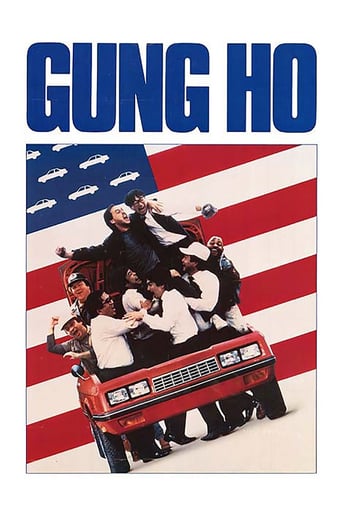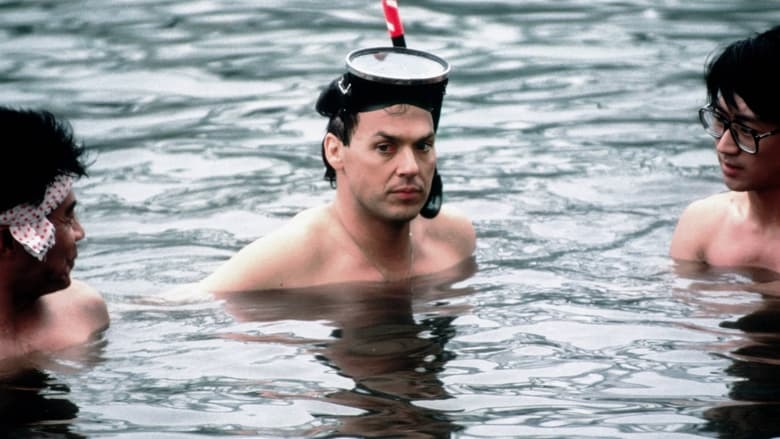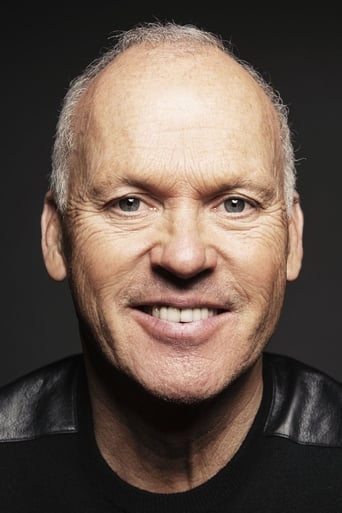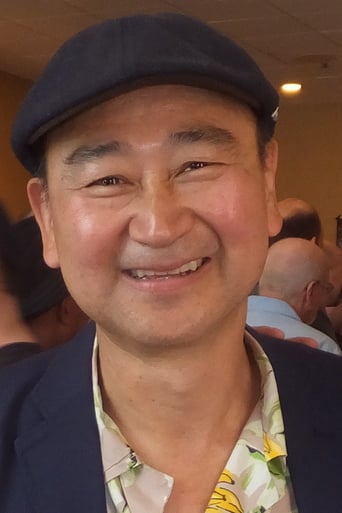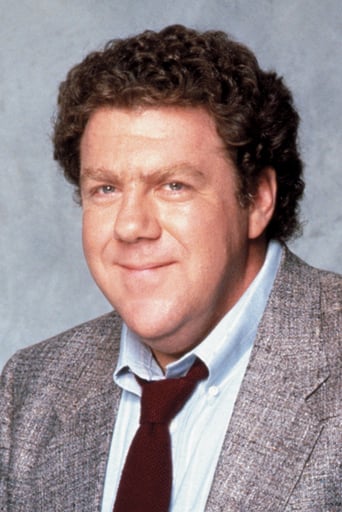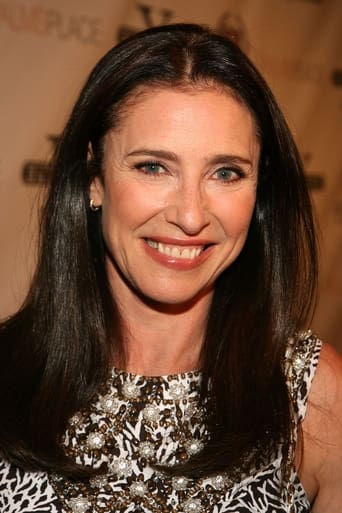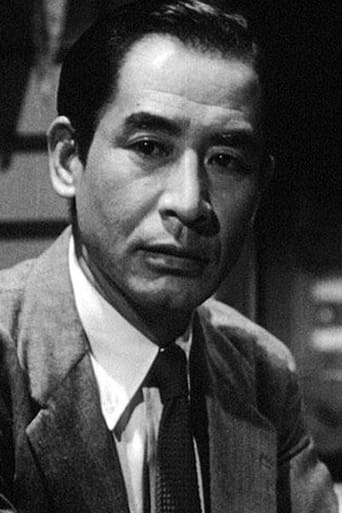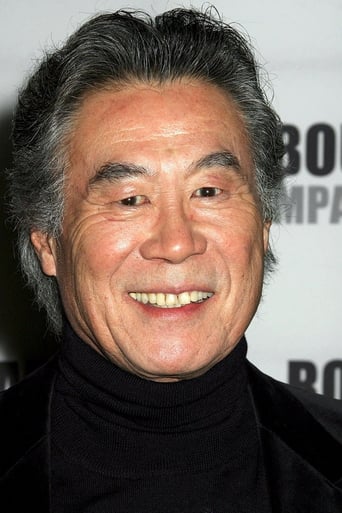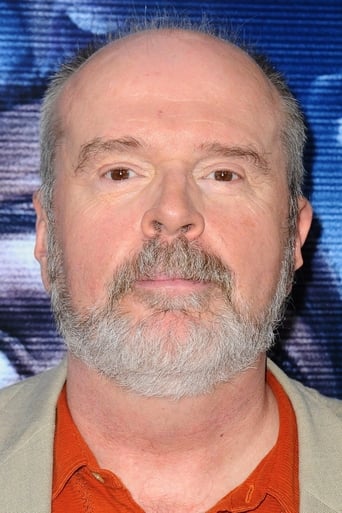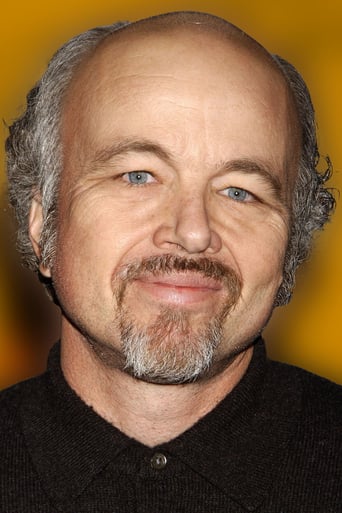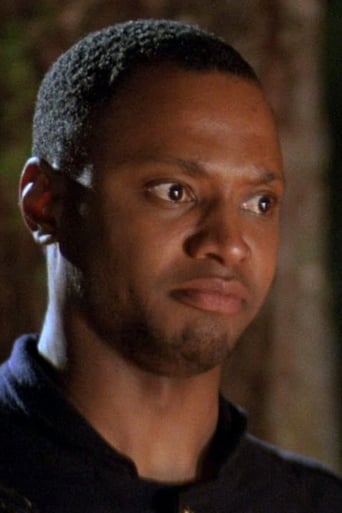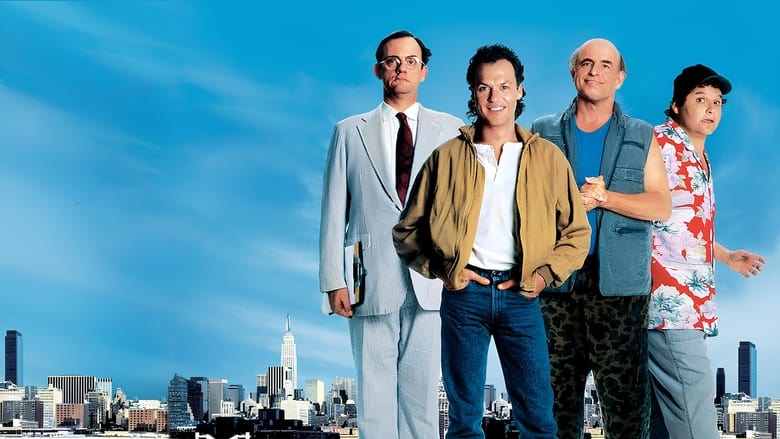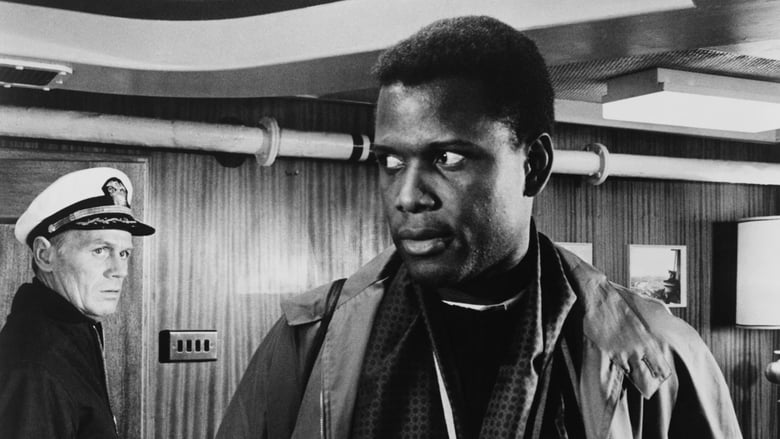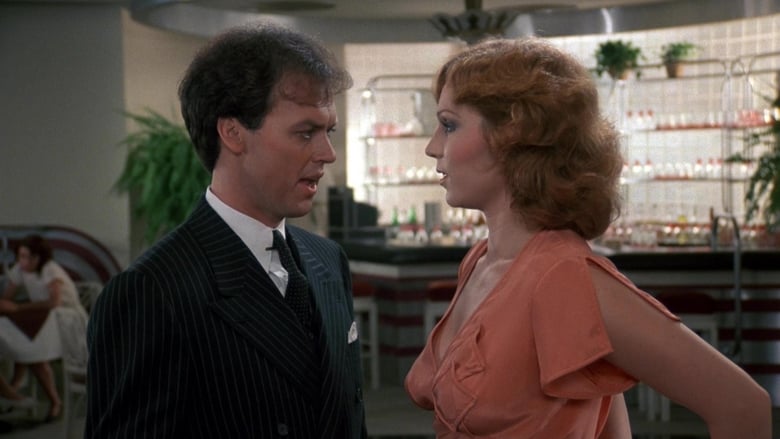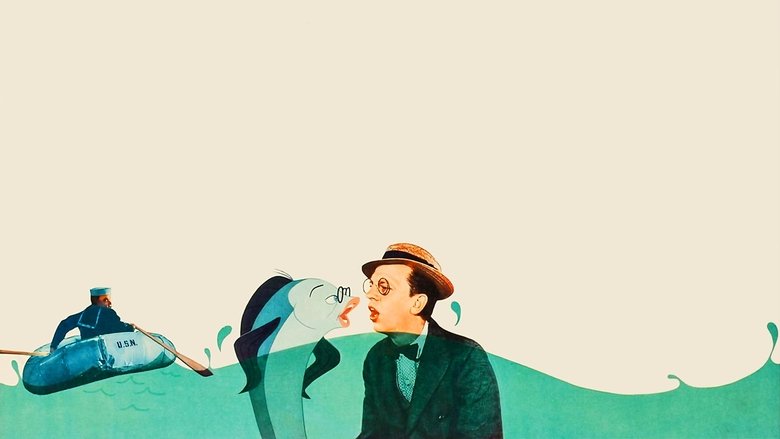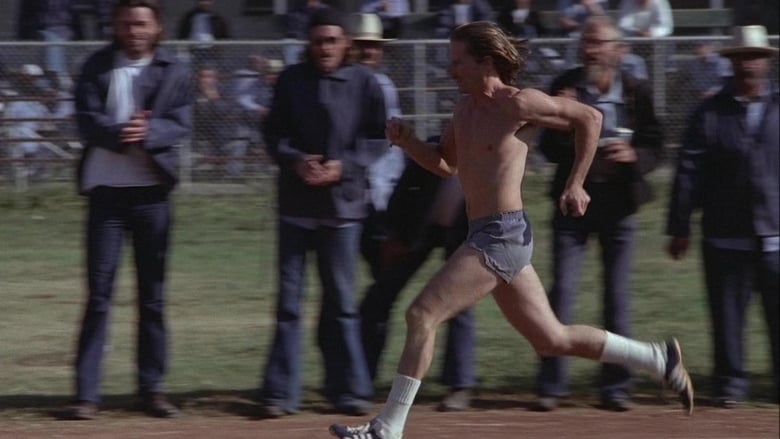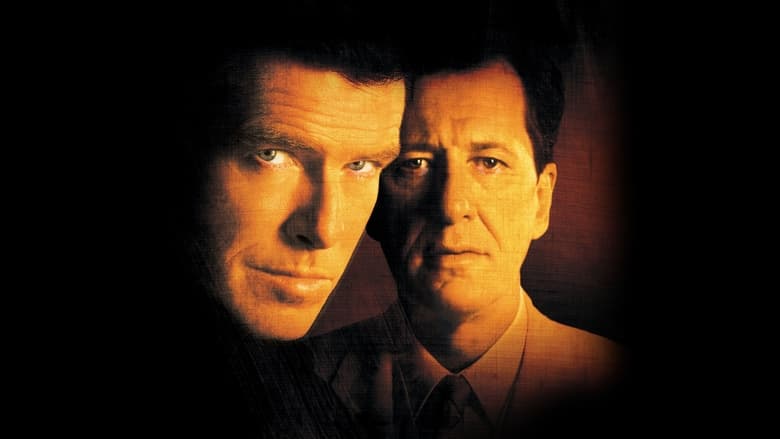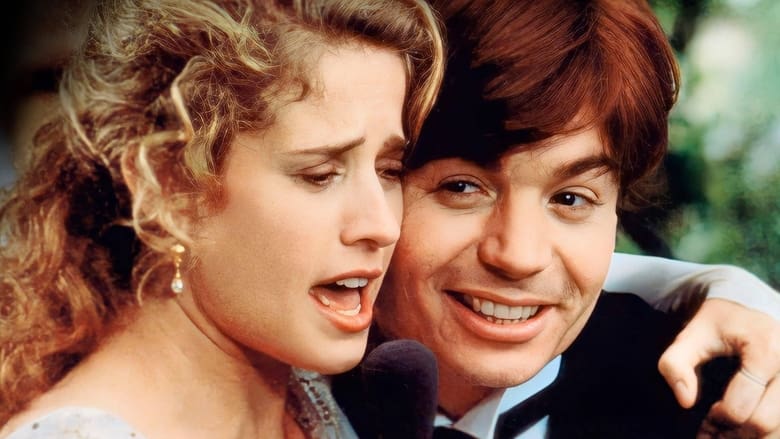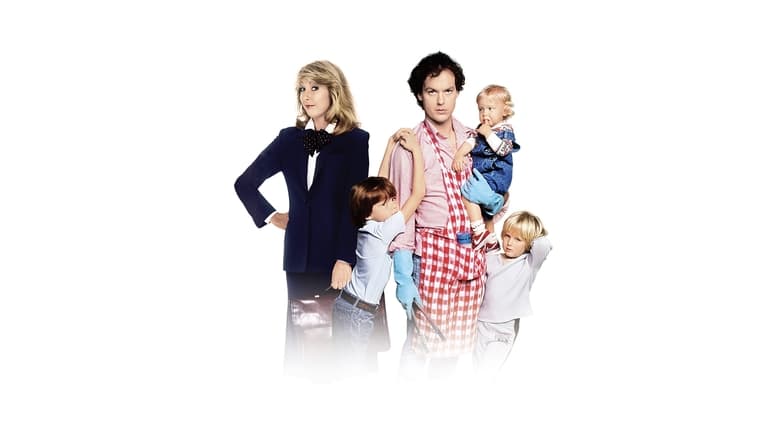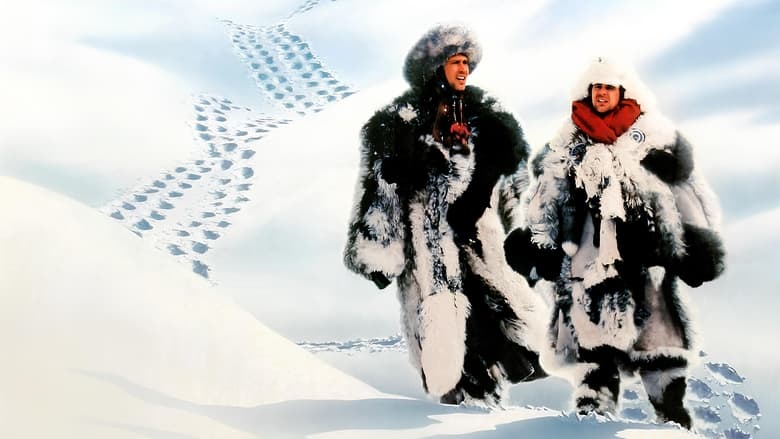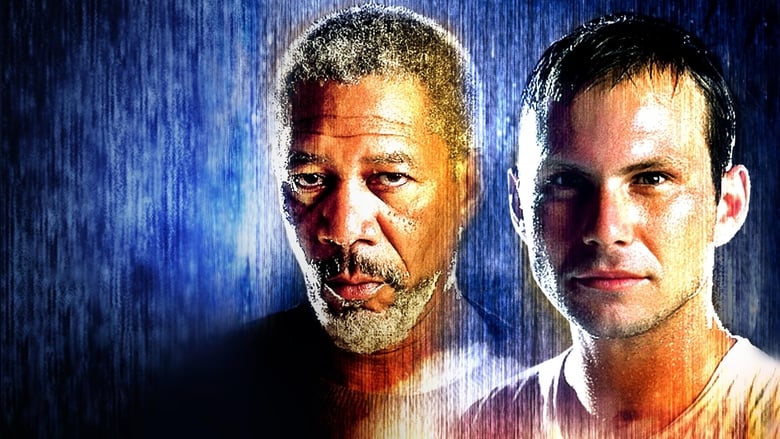When a western Pennsylvania auto plant is acquired by a Japanese company, brokering auto worker Hunt Stevenson faces the tricky challenge of mediating the assimilation of two clashing corporate cultures. At one end is the Japanese plant manager and the sycophant who is angling for his position. At the other, a number of disgruntled long-time union members struggle with the new exigencies of Japanese quality control.


Similar titles



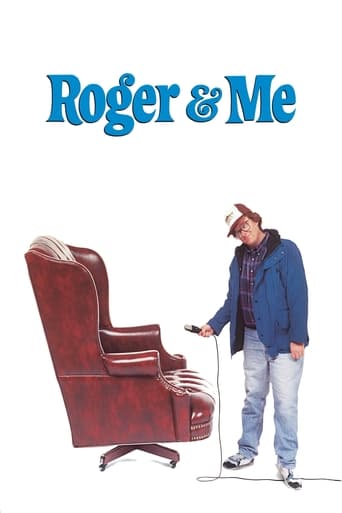
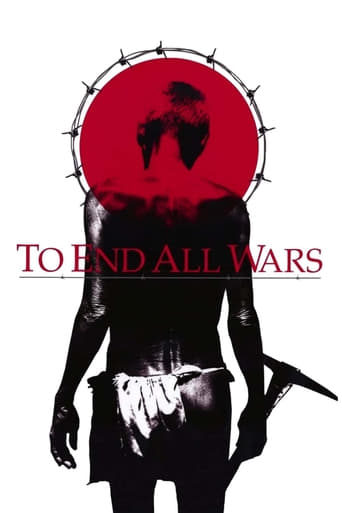
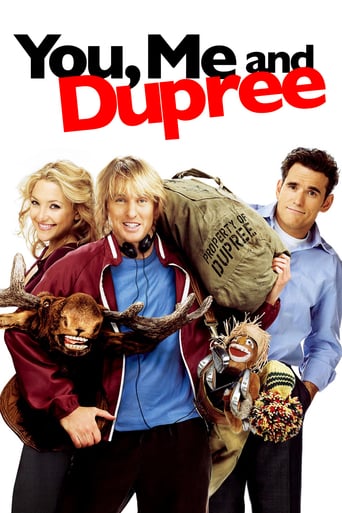
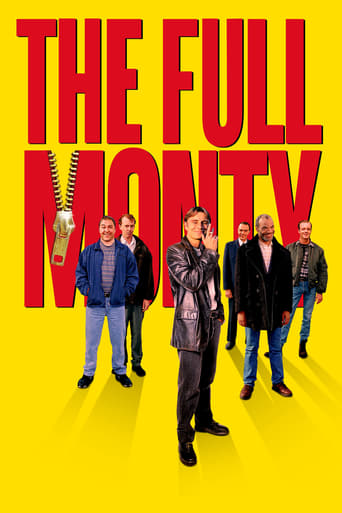
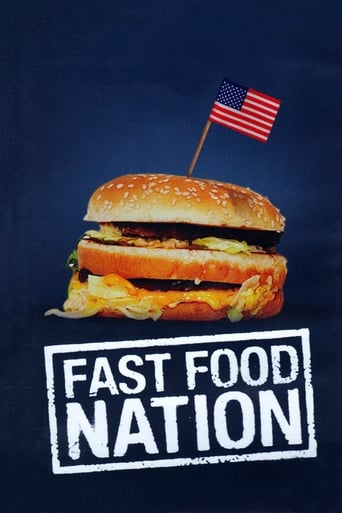
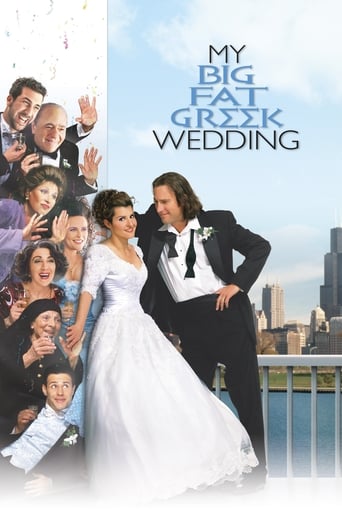
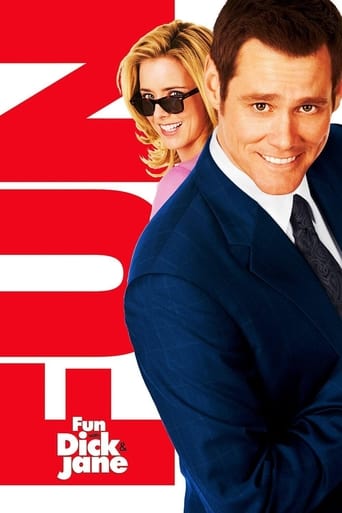
Reviews
The auto plant in Hadleyville, Pennsylvania had closed down after 35 years. The town is desperate. Foreman Hunt Stevenson (Michael Keaton) travels to Japan to convince Assan Motors to reopen the plant. He's successful to his complete surprise. He's hired by new plant manager Takahara Kazuhiro (Gedde Watanabe) as liaison with the American workers. Takahara had been shamed for being a bad executive. Hunt struggles between the demands from Japanese management and the expectations of the American workers.Director Ron Howard makes light-hearted fun from a difficult subject matter. For the most part, it works for me. It can be off-putting for an audience that is either pro or anti-union. Howard essentially splits the difference by having both workers and management come together in a happy ending. Michael Keaton is fun. He faces the challenge with charm. Another director would make this a tougher movie but Howard is not that guy.
Just saw this movie again and was utterly shocked how the American workers were portrayed in this film. The U.S. workers all come across as first class jack-asses. They are crude, loud mouth, ignorant, anti social bullies. None of them come across as even remotely likable. Only Micheal Keaton has a bit of compassion. The Japanese are totally stereotyped, but at least they come across as human beings. This is suppose to be a comedy, but there isn't even one laugh.The storyline is interesting regarding a clash of cultures, but the U.S. culture comes in a distant second. Workers are shown as being lazy, unorganized, hot-tempered and below pare. Of course at the end, the workers "man up" to get their acts together, but honestly who cares. They are so unlikeable and come across as only money hungry that you couldn't care less because they are all a bunch of total jack-asses.
Gung Ho works more efficiently as a social commentary than it does a comedy. The comedy it provides us is lightweight, and most of the humor is derived from the Japanese stereotypes, sometimes funny, sometimes not. But the social commentary the film gives us is strong and meaningful. It's actually one of the most presentable and worthwhile morals in a comedy I've seen in a while.The story centers around a closed car plant in Hadleyville, Pennsylvania. Before the plant was closed, most of the town's jobs were supplied by the factory and the town's economy nearly depends on it alone. Former head of the factory Hunt Stevenson (portrayed effectively by Michael Keaton), travels all the way to Tokyo to try and strike a deal with Assan Motors Corporation to purchase the plant so it can reopen under new management.Takahara Kazuhiro (Watanabe) is the head of Assan, and has been branded a failure because of his leniency on his workers. The Japanese are taught to be strong, faithful employees who work as a team. When the company fails, they should feel like they've failed. They don't work for the money. They work for the company.Hunt and Takahara strike a deal and the plant reopens under the Japanese management, but the company must adapt to the brand new set of rules. No newspapers in the bathrooms, little to no breaks, etc. This is where the social commentary part of the film comes in. The American workers have more freedom, yet still, most of the time, they work efficiently. The Japanese workers are more faithful to the company, but at the same time are scared to request freedom, luxuries, and independence. Once they agree to a job, they are that job. No excuses.The moral of the story here is that both ways are successful, but both have their own perks. Sometimes, we Americans don't think how lucky we are. Some of the most arbitrary jobs nowadays (IE: an experienced radio personality) get paid six figure salaries. They don't work a full day, yet they make more money than teachers, nurses, etc. Same thing goes with professional athletes. Their average salary could rank in the millions if they're lucky. Granted many of them suffer hard labor, but really, should someone like a baseball player demand a higher salary if he's been benched for a good portion of the season? Going back to the comedy portion, many jokes are directed at the Japanese's expense. The problem here is we are expected to laugh at the Japanese because they are Japanese. There's one part in the film where we are expected to laugh at the Japanese head because he said "looney tunes." Certain things like that almost make the film spiral to a level of immaturity that it should be trying to avoid. There's one central character, a chubby American worker (played by George Wendt) who starts fist fights or threatens them whenever he gets the chance. He is not too charming of a character. He almost reminds me of the character Chris Farley played in Tommy Boy. The difference there was Farley played a likable louse who you couldn't help but side with because of his cheery nature. Here, Wendt's character is so preoccupied with "starting something" he comes off as an unlikable caricature.On a side note, the film's two central leads, Keaton and Watanabe, do a fine job at working past the formula and going an extra mile to make successful characters. Gung Ho isn't perfect, but it does what many comedies don't bother toying with. The eighties were a decade of fun parties and coming of age films. It's nice to see one film dared to voice an opinion on the American/Japanese cultures working out deals and striking fond relationships with one another without mudslinging one side filthy.Starring: Michael Keaton, Gedde Watanabe, George Wendt, Mimi Rogers, John Turturro, Clint Howard, and Michelle Johnson. Directed by: Ron Howard.
Just today, holed up with a bad head cold on a wet and dreary day, I watched this old movie. Simply because I wanted to see some old Michael Keaton movies I had missed. This is mostly a comedy just for the sake of comedy, but there is a cultural message here. The Japanese find out how hard it is to have a bunch of blue-collar Pennsylvanians make cars the Japanese way, efficiency, zero defects , and all that. And the Americans find out that they can't just keep on doing "business as usual" and keep jobs in their community.Michael Keaton is auto worker Hunt Stevenson, sent by the mayor to Japan to court Assan Motors in the hopes of re-starting a car factory and re-vitalize their community. Hunt thinks he botches the assignment, but somehow the Japanese are impressed and schedule a visit to the plant site. The deal is made, the workers begin making cars. Defects and all. "We can't make these perfect, those flaws are for the dealer to fix." American Gedde Watanabe is the Japanese plant manager, Oishi Kazihiro. Anyway the movie bogs down a bit in the middle but in the end the Americans and the Japanese figure out ways to respect each others' cultures, and keep the factory going after it had to be shut down briefly.
